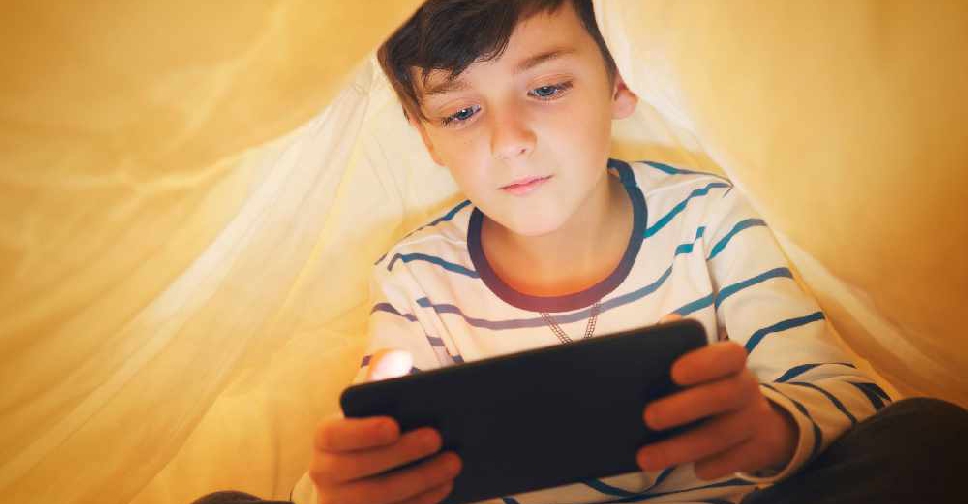
The potential detrimental effects of utilising television, mobile phones and laptops as a means of entertainment for young children have been highlighted in a recent study, which implies a potential link between prolonged screen time and developmental delays in toddlers.
As documented in the journal JAMA Pediatrics, extended exposure to screens could be associated with challenges in areas such as communication, fine-motor skills, problem-solving abilities and personal and social proficiencies.
It could reduce interactions and impede verbal skills in children, the study highlighted.
Conducted between July 2013 and March 2017, it involved over 7,000 Japanese children. The study analysed screen time in children at age one, relying on reports from their mothers. Subsequently, researchers evaluated the toddlers' performance in developmental assessments at ages two and four. The study found that by age two, children exposed to up to four hours of screen time daily were up to three times more likely to exhibit developmental delays in communication and problem-solving abilities.
Furthermore, children spending four or more hours with screens faced nearly five times higher odds of having underdeveloped communication skills, double the likelihood of possessing underdeveloped personal and social skills, and almost twice the chances of demonstrating subpar motor skills.
Even at age four, indications of issues in communication and problem-solving skills persisted, according to the researchers' observations.
The study's insights also extended to demographic factors. Mothers with children exposed to higher levels of screen time were typically younger and often first-time mothers. They also had lower incomes and education levels, and were more prone to experiencing postpartum depression.
Experts, however, cautioned against inferring direct causation from these observations. They highlighted that the study reveals an association rather than causation, suggesting that parents and clinicians need not necessarily restrict children's screen time solely based on these results. For instance, watching educational content or engaging in video chats with family differs significantly from passively watching television or consuming fast-paced TikTok video.


 Mattel builds He-Man movie buzz with new action figures
Mattel builds He-Man movie buzz with new action figures
 Mattel taps into 'KPop Demon Hunters' fan craze with new doll line
Mattel taps into 'KPop Demon Hunters' fan craze with new doll line
 Osaka opens 'jellyfish season' with stylish win at Australian Open
Osaka opens 'jellyfish season' with stylish win at Australian Open
 Shein store opening in Paris draws protesters, police and bargain hunters
Shein store opening in Paris draws protesters, police and bargain hunters
 Mbappe credits Madrid lifestyle for helping him reset mentally and physically
Mbappe credits Madrid lifestyle for helping him reset mentally and physically




